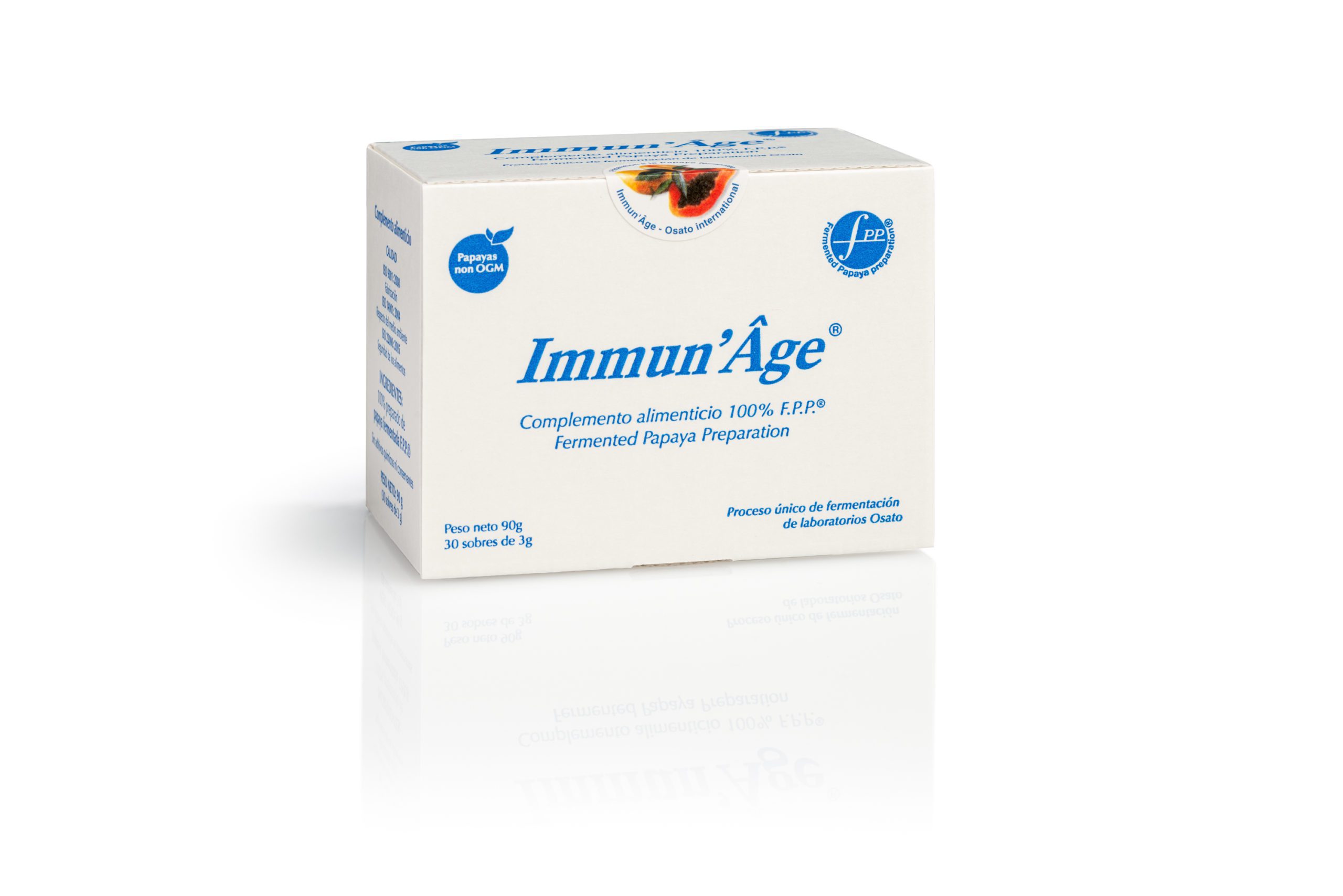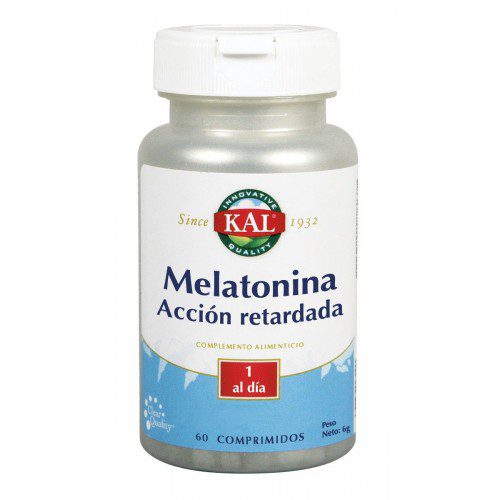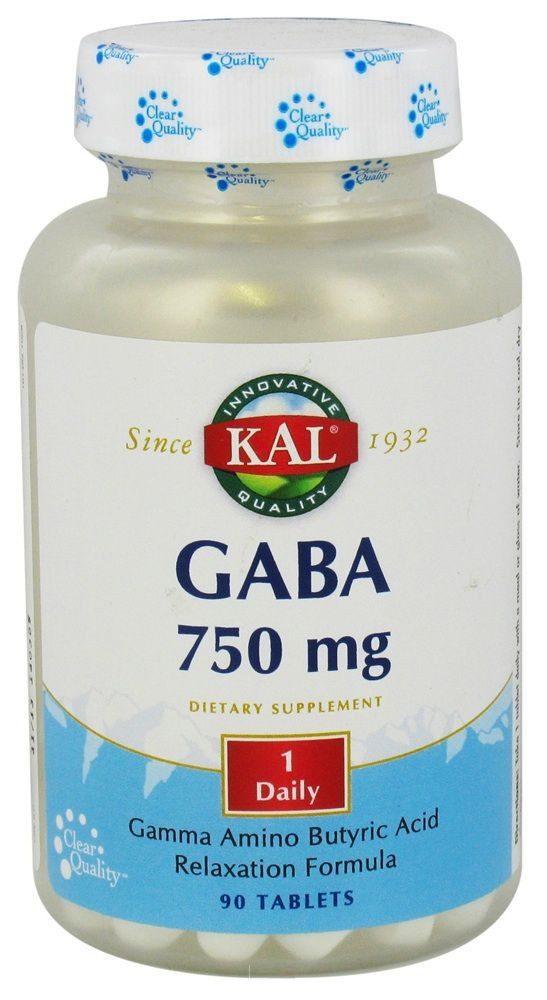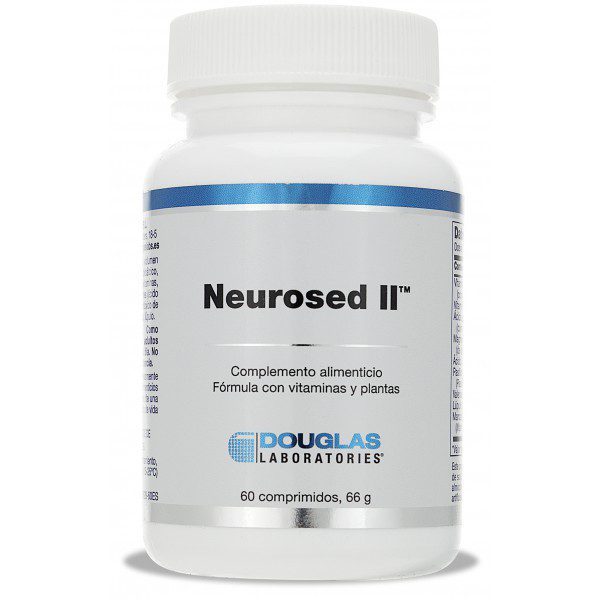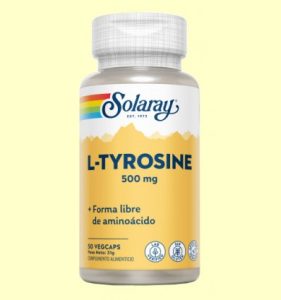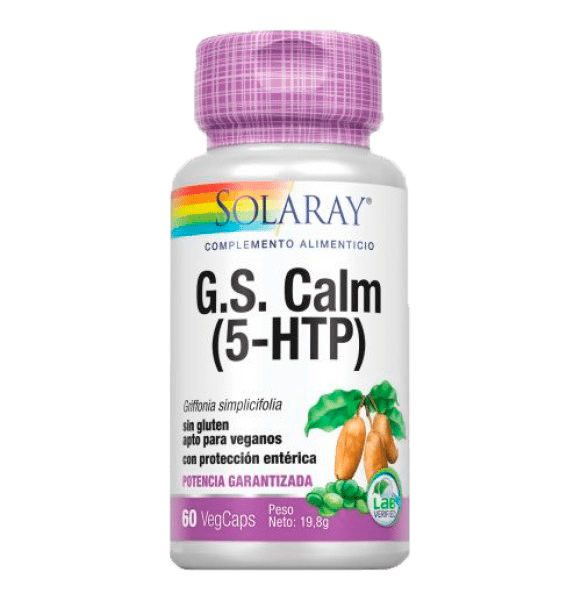Nervousness and stress
Showing 1–15 of 26 results
-

Immun’Age. 30 sachets. Osato
61,50€ Tax included -

ACTIVE SWEET DREAMS 60 capsules
36,15€ Tax included -

Melatonin Time Release with 5-HTP – 60 tablets (Kal)
31,75€ Tax included -

NIACIN (NO FLUSH) 500 MG (Solaray)
41,27€ Tax included -

Immun’Age. 30 sachets. Osato
29,90€ Tax included -

Ashwagandha Plus 30 capsules (Orthonat)
30,50€ Tax included -

Adrenal Success – 60 capsules (Solaray)
34,92€ Tax included -

GABA 750mg (KAL)
34,13€ Tax included -

NEUROSED II – 60 tablets (Douglas)
26,10€ Tax included -

Optimized Tryptophan Plus 1000mg 90 Caps. (Life Extension)
37,67€ Tax included -

L-Tryptophan 500mg. 90 Caps. (Life Extension)
38,80€ Tax included -

SUPER RHODIOLA 60 capsules (Solaray)
36,51€ Tax included -

L-TYROSINE 500 mg 50 Capsules (Solaray)
20,63€ Tax included -

G.S. Calm-60 caps
31,75€ Tax included -

B-COMPLEX 50 – 50 capsules (Solaray).
15,87€ Tax included
One of the key components for the improvement of overall health at brain level is stress management. Emotional stress, poor sleep, speaking at an event, or plain worry, can lead to stress. Stress is the sensation that’s created when we face difficult situations which involve a great mental and emotional effort. In response to stress we release cortisol, a hormone produced by the adrenal gland and controlled by the hypothalamus. The release of these hormones increases heart rate, respiratory rate, blood pressure and metabolism. Blood vessels widen, pupils dilate, the liver releases glucose and the body produces sweat to cool down. Stress can be a response to immediate situations or long-term events, potentially causing serious health problems. When there is prolonged stress, the body secretes excess cortisol, and the person suffering may feel continuously tense and extremely tired. In addition, the immune system weakens, it produces headaches, anxiety, irritability, stomach problems, eczema, asthma, sleep problems and sadness. Cortisol is also known as the hormone that accelerates ageing, And an excess has been associated with memory loss. When cortisol levels are high, long-term memories and old information are difficult to access. These high levels also accelerate the ageing of brain cells. We can reduce cortisol levels by reducing stress, especially when we learn to control it, and this how we can appreciate the importance of the many techniques for relaxing and controlling our own minds. However, to keep stress under control there are also supplements based on vitamins, amino acids involved in the synthesis of neurotransmitters, or adaptogenic plants’ extracts that can reduce stress-related distress.
